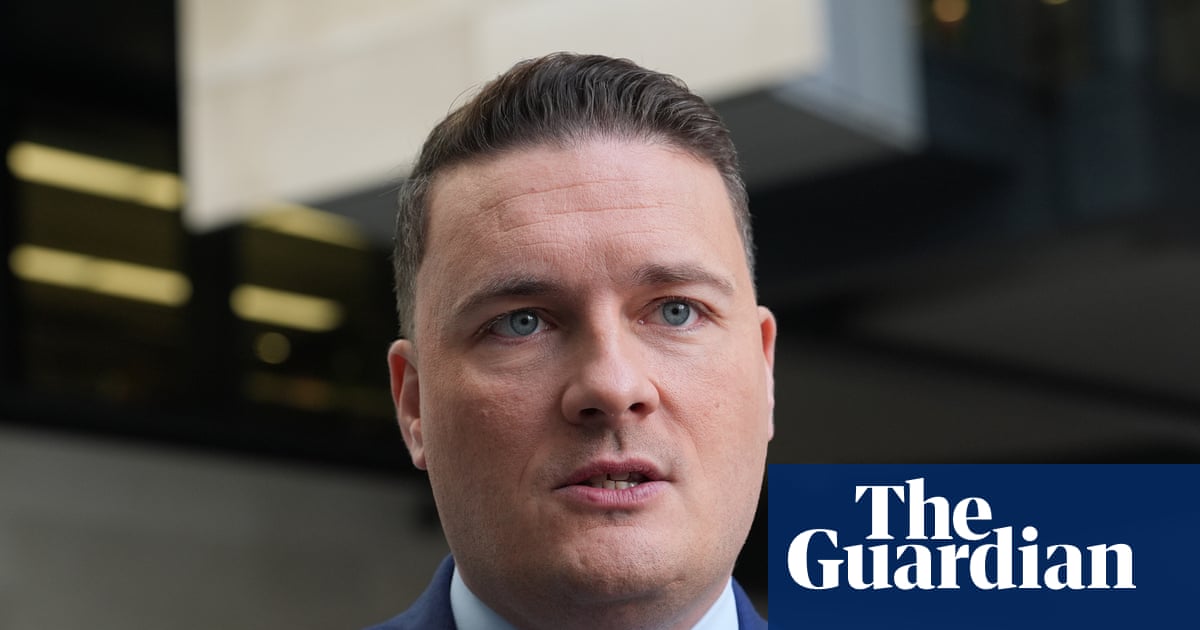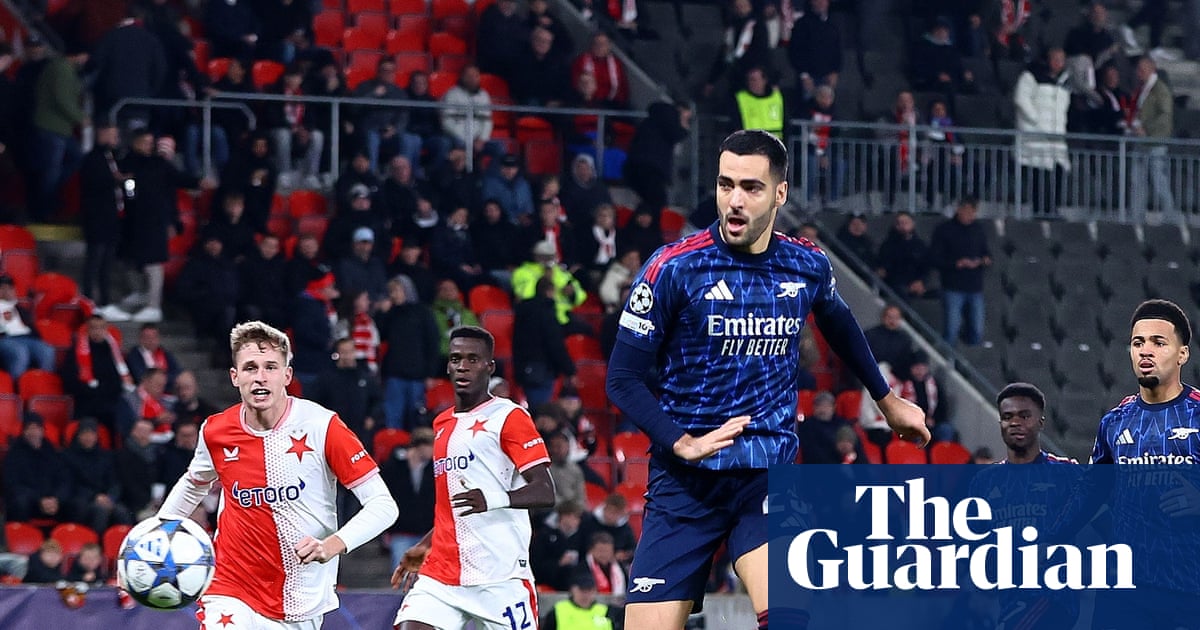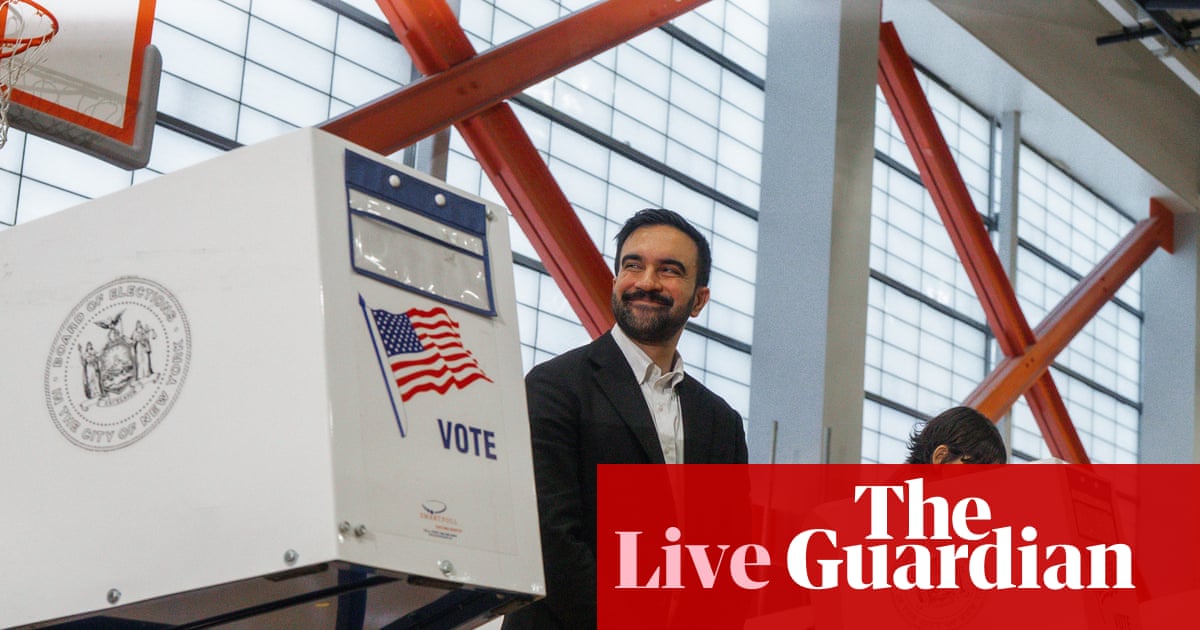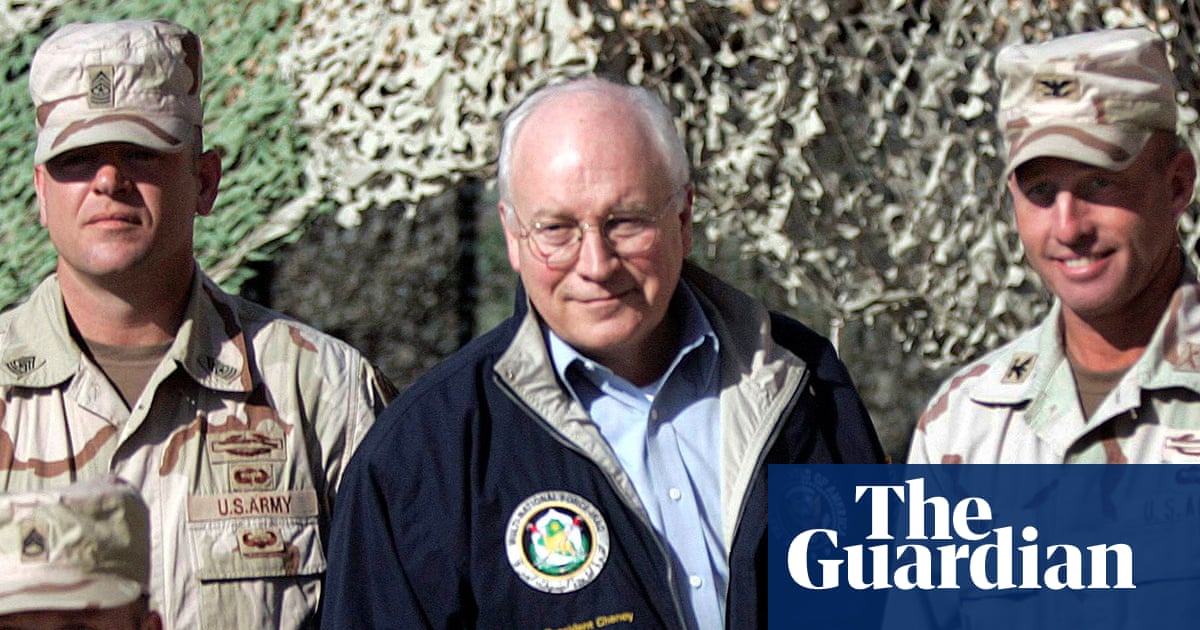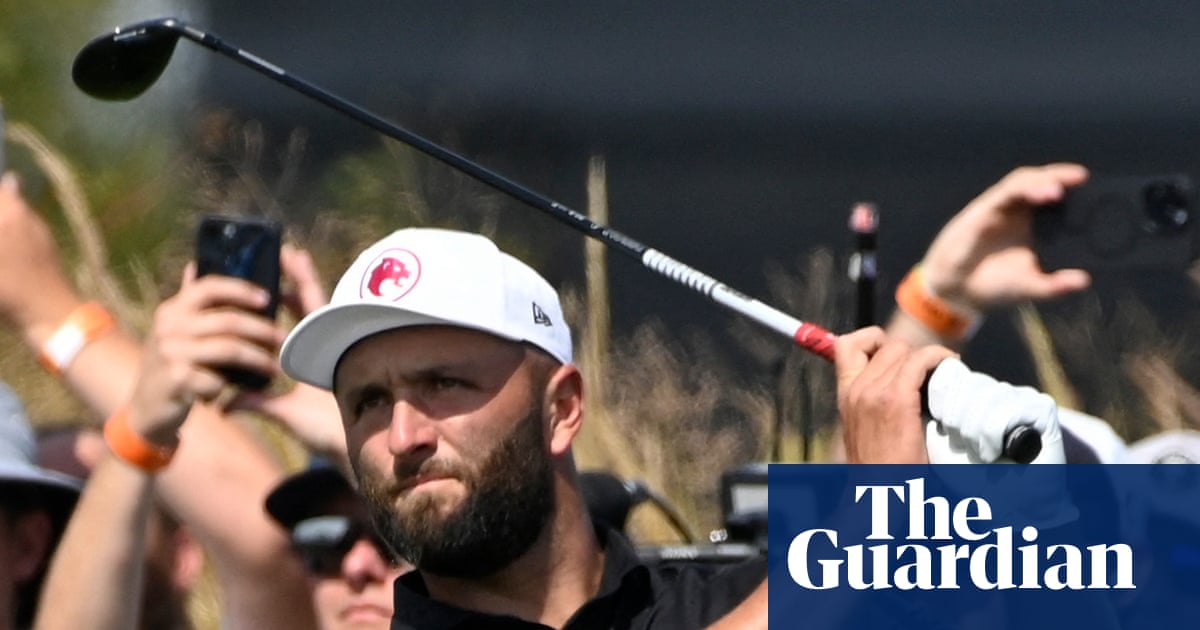EU officials are meeting their US counterparts to discuss what could be the first coordinated transatlantic sanctions against Russia since Donald Trump returned to the White House. The US president, who has previously stepped back from financial threats to Russia, has this week said he is ready to move to a second stage of sanctions. Their form, if they were to come, is however not yet clear.
What sanctions has the west so far agreed against Russia?
Since Vladimir Putin launched the full-scale invasion of Ukraine in February 2022, Kyiv’s western allies have sanctioned more than 2,500 people and entities, including Putin himself, ministers, oligarchs, military commanders, propagandists, state and private companies aiding the war. Soon after the Russian tanks rolled in, western allies froze an estimated $335bn (€300bn) of Russian central bank assets; cut many Russian banks out of the international financial system via a ban on use of the Swift messaging service; froze sales of military equipment or anything that could be repurposed for making war; ended exports of numerous consumer goods and – eventually – banned imports of Russian diamonds.
These sanctions followed earlier western restrictive measures after the annexation of Crimea in 2014. They have been followed by separate sanctions (travel bans and asset freezes) against individuals culpable of human rights abuses in Russia, such as the jailors of the late opposition leader Alexei Navalny.
What are the gaps?
Measures so far have not proved nearly enough to induce Moscow to stop the war. Russia has vital lifelines via energy sales and middlemen in non-western countries that sell on sanctioned goods. While western countries quickly banned imports of Russian coal – which could be easily replaced – oil and gas proved more problematic, especially for the EU.
The EU has banned most Russian oil imports, but granted an exemption to Hungary and Slovakia, and still gets 3% of oil imports from Russia. The bloc gets 13% of gas imports from Russia, compared with 45% in 2021, but has pledged to phase out all Russian fossil fuel imports by 2028.
Wealthy G7 countries and the EU imposed a price cap on Russian oil, meaning that ships transporting crude oil cannot use western ports or shipping services, such as insurance. In response, Russia has increased sales of discounted oil to China and India, creating a shadow fleet of poorly maintained, unregistered vessels to transport the fuel at prices above the western cap. EU officials have imposed sanctions on 444 shadow fleet vessels, but concede that new boats are appearing constantly, keeping the trade alive.
More broadly, plenty of individuals and companies in non-western countries, such as Turkey, the Caucasus and China, have proved willing to help Russia get round sanctions, by acting as a middleman to sell sanctioned goods.
What is the impact of western sanctions?
Sanctions have inflicted real pain on the Russian economy, fuelling inflation, eroding the national wealth fund and threatening a long-term decline in living standards. But the economy has not collapsed, nor has the Kremlin halted its aggression against Ukraine. The Russian economy continues to grow, as a result of massive war spending, albeit at lower levels than before. Proponents of sanctions argue they are working, by forcing Russia to make trade-offs and increase costs, reorienting to a war economy at the expense of social welfare.
The Stockholm Institute of Transition Economics (Site), which has studied the Russian economy, has also cast doubt on the accuracy of Russia’s official economic data, suggesting the picture is worse than it appears, that inflation and deficits are understated and GDP overstated. In May, Torbjörn Becker, Site director, forecast that by mid-2026 Russia will struggle to sustain the war at the current level. But in the meantime, Russia is escalating its war on Ukraine, as shown by weeks of deadly air attacks.
What has been the Trump effect?
Before his re-election last year, many European capitals feared that the return of Donald Trump to the White House could lead to the US lifting its sanctions on Russia overnight, causing damaging cracks in the western alliance against Russia. After failing to end the war in 24 hours, Trump has repeatedly threatened sanctions, as he grows more impatient that his peacemaking efforts are yet to pay off.
The US president said in March he was “pissed off” with Putin and threatened to impose sanctions if there was no truce within a month. The deadline passed without action. By July, Trump was “very unhappy” with Putin and threatened to impose 100% secondary tariffs on countries buying Russian oil if no ceasefire deal was reached in 50 days – a deadline he later shortened. The deadline came and went with no action taken.
After his Alaska summit, the US imposed 50% tariffs on India, ostensibly for its purchases of Russian oil, but has declined to take the same action on other buyers, such as China. After the latest massive attacks on Ukraine, Trump was asked if he was ready to move to the second phase of sanctions against Russia. “Yeah, I am,” he said, without elaborating.
What will happen now?
EU leaders hope Trump will make good on his threats, amid indications of greater cooperation on sanctions against Russia since the departure of Joe Biden. The EU’s sanctions envoy, David O’Sullivan, was meeting US officials in Washington on Monday to discuss actions against Russia. Meanwhile, senior US administration figures have made clear they would like the EU to go further on sanctions, especially in ending purchases of Russian fossil fuels.
Senior EU and US officials have argued in favour of tougher secondary sanctions, measures against countries that help Russia circumvent sanctions. That could open further transatlantic tensions. Following the US lead on India will be difficult, as Brussels seeks a trade deal with New Delhi. The EU has sanctioned a few Chinese companies, but stopped short of sweeping measures against one of its largest trading partners, as it seeks to carve out an independent stance on China, compared with the US.
The EU is expected to propose further ideas for sanctions against Russia in the coming days. But with a US president who has elevated unpredictability to a foreign policy doctrine, nobody knows what Trump will do.

 1 month ago
58
1 month ago
58







